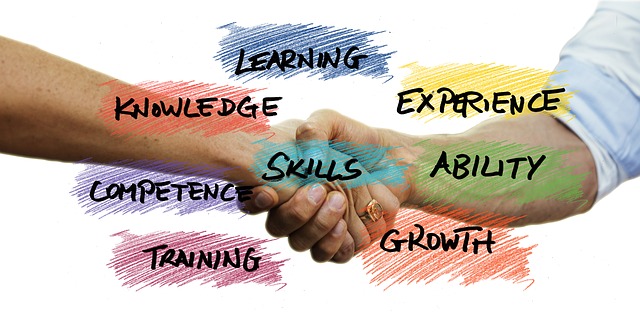
Historical suppliers have experienced the time when technical expertise, including network management, dominated because they allowed, in integrated utilities, to ensure the essential: continuity of service and the quality of energy supplied. We were then in a “pushed” value where the energy provider delivered a service without really confronting consumers.
Today, the unbundling (meaning at least an organizational separation of distribution and supply) of the activities has refocused the actors on a more precise mission: that of the suppliers is to commercialize the energy thus to answer the needs of the various consumers regarding energy. The demand is now “pulled” by the market.
This inversion is not trivial for suppliers. For them, the skills needed today to succeed include:
- Marketing, because suppliers must learn to segment their customers to meet all needs: a student, a low income or a retiree does not have the same relationship to energy and should not be served in the same way. Additional difficulty for these “learning” marketers: the segmentations are not the same according to the offers (electricity, gas, heat, services)
- Communication, especially to capture the attention of customers, often disinterested by energy.
- Sales, because the diversification of players and offers on the market increases competition and forces suppliers to making efforts in this area
- Energy services, if the energy company’s strategy is to differentiate itself by the services. There is indeed a significant gap between the intention, the deployment tactic that is chosen and the actual success of such an activity.
- Customer relationship management, first factor of loyalty or … desertion.
These skills must be matched with a particular empathy with a market that is constantly changing for societal, technological or market-related reasons.
The cultural and human roots of the historical suppliers did not grow on this soil. This may favor alternative suppliers, some of whom, in several European countries, are starting to perform particularly well, despite consumers’ inertia in switching energy suppliers.
Suppliers deploying low-cost strategies can sustainably rely on these soft skills: the question, for them, remains to assess how will evolve the market share accessible to them.
For others, we could well witness changes upsetting this fragile balance:
- The most profitable, and therefore the most attractive, consumers will be less and less passive consumers: they produce, store, change their heat production system, want to help protect the environment; in short, they are integrating more and more into global energy systems with which they must be coherent.
- The society, and therefore the customers of energy suppliers, is increasingly committed to a sustainable future: it will not go very fast but the first consequence will be the refusal of suppliers whose commitment will not be perceived as authentic.
- Consumers need to be guided in their engagement and insertion in the world of energy.
These evolutions will require certain suppliers of new skills:
- Perfect knowledge of basic energy activities, energy and digital applications and technologies.
- Strategy for environmental protection
- Change management
- Long-term strategy and energy efficiency plan.
Clearly, these developments will lead most energy providers to a new stage: Successful completion will likely require more than just skills acquisition: they will need to manage the strategic and cultural change needed to be decisively engaged in the energy transition.
Subscribe to receive every quarter all articles of the blog: [sibwp_form id=2]

Leave a Reply